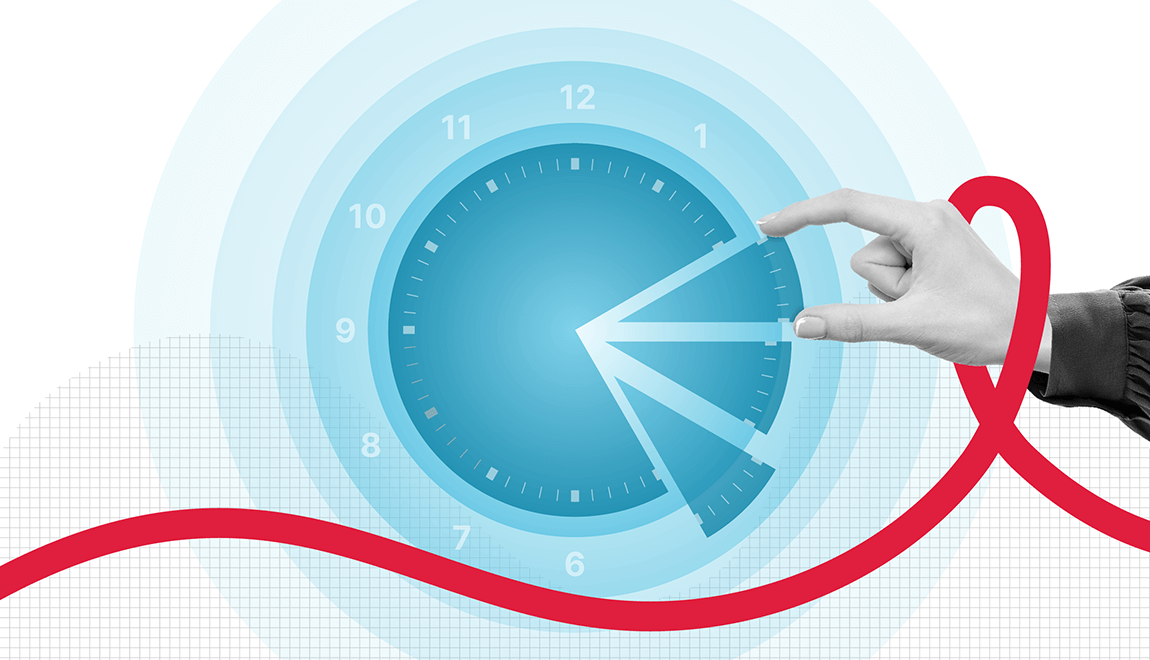How many hours a day is a part time job?

What is a part-time job?
A part-time job is a type of work arrangement in which employees work fewer hours and usually have less responsibility than full-time employees.
Generally, full-time employees work 40 hours per week (8 hours per day), while part-time employees usually work 25 hours per week but can work less and more than that.
As a general rule, anyone who works more than 34 hours per week should be considered a full-time employee.
The main benefit of part-time jobs is that they allow employees to have more flexibility in their schedules. These types of positions are, for example, popular with students, single parents, or just people who aren’t career-oriented and like having more free time to pursue other things.
- How many hours a day is part-time?
- Benefits and downsides of part-time employment
- Benefits of part-time employment
- Downsides of part-time employment
- Popular jobs for part-time employees
- FAQ
- When can a part-time employee become full-time?
- How many hours per day is considered part-time?
- How many hours is the 3/9 work structure?
- Is 25 hours a week considered part-time?
- How does a part-time job affect Social Security benefits?
How many hours a day is part-time?
The FLSA Labor Act doesn’t define what constitutes a full or part-time employee. This means that the exact answer to the question of how many hours a day is part-time depends on how each company (that operates in the US, of course) defines it.
With that being said, most employers in the US consider working 40 hours a week to be full-time employment. However, that doesn't mean that anything less than that is automatically considered part-time employment.
In EU countries, part-time work hours range from 17,8 hours (Portugal) to 27 hours (Romania). In France, part-timers work 22,8 hours. In Germany, they work around 21,4 hours a week, while in the UK (no longer in the EU), part-time employees usually work just under 20,5 hours a week.
In fact, generally speaking, a full-time employee is anyone who works between 34-40 hours per week. Anyone working less than that can be considered a part-timer.
So, how many hours a day is part-time? Anywhere between 1-34 hours per week can be considered part-time employment.
Benefits and downsides of part-time employment
Benefits of part-time employment
The main benefits of part-time jobs for employees include:
- More flexibility — Part-time jobs offer more flexibility when it comes to work hours. This allows part-timers to more easily deal with their non-work related responsibilities (e.g. education, child or elder care, personal interests…)
- Work-life balance — Part-time employment, due to its more flexible work hours, can play a part in helping people achieve and maintain a good work-life balance.
- Less stress — Working long hours is one of the main causes of stress, which can, in a lot of cases, trigger burnout. Having a part-time job with fewer working hours can result in lower stress levels compared to full-time employment.
- Allows for job sharing — This is a type of work arrangement where one or more people work a single part-time job.
The main benefits of part-time jobs for employers include:
- Lower costs — Companies that hire part-timers can significantly reduce their costs. Part-timers are usually less expensive than full-time employees. They usually don’t get all or any of the benefits associated with full-time work positions (e.g., healthcare, vacation and sick days, etc.)
- Evaluate skills — Hiring part-timers is a good way for companies to evaluate people’s skills and job aptitudes before offering them full-time employment. It’s also a way to train them for a particular job and see how they fare before signing a full-time employment contract.
- Reduce overtime costs — Instead of paying full-time employees for overtime hours, companies can hire part-timers and use them to cover those extra hours.
Downsides of part-time employment
The main downside of part-time jobs for employees include:
- Limited or no benefits — Part-time employees often don’t receive benefits from their employment (sick leave, vacation days, insurance, etc.). This can negatively impact their job satisfaction and overall motivation for their work.
- Less financial stability and job security — Part-time jobs are not a stable income source. Part-timers are easily replaced, which makes it more difficult for them to plan their future. This can result in financial instability.
The main downsides of hiring part-timers for employers include:
- Less loyalty and lower engagement — Part-timers are usually less loyal and invested in the future of the company/companies they work for. They are more likely to leave the company if they get overwhelmed with work or find a better opportunity elsewhere.
- Less knowledgeable employees — Sometimes part-time employees won’t have a ton of experience. This means that, on occasion, their training period can be longer than that for full-time employees.
- Less team cohesion — If some of all members of a team are part-timers, it might be more difficult to build a cohesive team. This is especially true if the work has different work schedules.
Popular jobs for part-time employees
The retail and hospitality industries are the ones that most commonly rely on part-time employees. But, there are many other types of jobs available to part-timers and they include:
- Administrative assistants
- Receptionists
- Delivery drivers
- Virtual assistants
- Substitute teachers
- Tutoring
- Graphic designers
- Content writers
- Content editors
- Copywriters
- Security guards
FAQ
When can a part-time employee become full-time?
Depending on your country, a part-time employee can become a full-time one when they have worked more than 130 hours in a single month (or an average of 30 hours a week).
How many hours per day is considered part-time?
Full-time and part-time employment is most commonly calculated by the week or month. Meaning that there’s no specific amount of daily hours someone has to work to be considered a part-time employee. In most of the Western world, 40 hours per week (or 8 hours per day) is considered full-time employment.
How many hours is the 3/9 work structure?
The 3/9 work structure is a part-time job arrangement where an employee will work 3 days per week, and 9 hours on each of those days.
Is 25 hours a week considered part-time?
Yes, in most cases, working 25 hours per week will be considered part-time employment.
How does a part-time job affect Social Security benefits?
There are no obstacles to having a part-time job and simultaneously collecting social security. But, if you’re younger than 67 years (the general retirement age in the US) and make more than the yearly limit, your social security benefits will be reduced, until you reach the retirement age (e.g. you turn 67 years).
In most EU countries, part-time employees have the same benefits as full-time employees, with the only difference being that part-timers receive benefits at about a 30% lower rate (per day).



